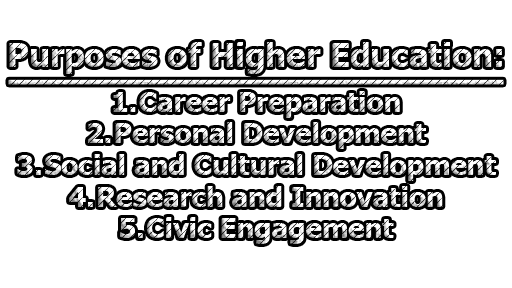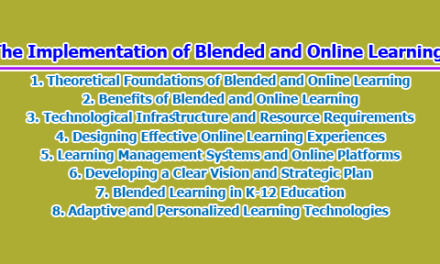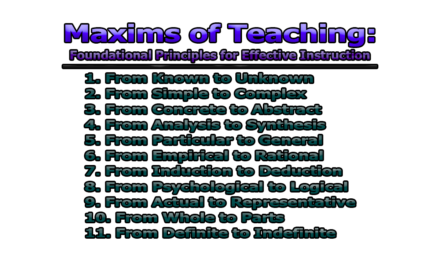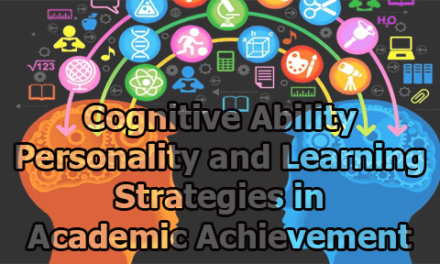Higher education refers to education beyond the high school level, usually provided by colleges, universities, and other post-secondary institutions. It typically includes undergraduate and graduate programs that offer academic degrees such as bachelor’s, master’s, and doctoral degrees. Higher education is often focused on specialized fields of study and prepares students for careers in areas such as medicine, law, engineering, education, business, and more. In this article, we are going to know about the purposes of higher education.
Definitions of Higher Education:
According to the United Nations Educational, Scientific and Cultural Organization (UNESCO), higher education refers to all types of education beyond the level of secondary education, including vocational education and training, technical education, and university education.
The Carnegie Classification of Institutions of Higher Education defines higher education institutions based on their degree-granting programs, with four main categories: doctoral universities, master’s colleges and universities, baccalaureate colleges, and associate’s colleges.
The World Bank defines higher education as “all types of post-secondary education, including vocational and technical education and training, as well as advanced academic and research degrees.”
The National Center for Education Statistics (NCES) defines higher education institutions as those that provide post-secondary education beyond the high school level and award academic degrees.
From the above definitions, we can say that higher education refers to education and training beyond the secondary school level, provided by institutions such as colleges, universities, and vocational schools. It is typically focused on specialized fields of study and aims to prepare students for successful careers and lifelong learning.
Purposes of Higher Education:
Higher education serves several purposes, including:
- Career Preparation: One of the primary purposes of higher education is to prepare students for successful careers. Higher education provides students with the knowledge and skills necessary to succeed in their chosen field and to adapt to the changing demands of the workplace.
- Personal Development: Higher education also aims to foster personal development in students, promoting critical thinking, problem-solving, and communication skills, as well as a lifelong love of learning.
- Social and Cultural Development: Higher education also plays a role in developing students’ social and cultural awareness, promoting diversity, tolerance, and understanding of different perspectives and cultures.
- Research and Innovation: Higher education institutions are often centers of research and innovation, driving advances in various fields and contributing to the progress of society as a whole.
- Civic Engagement: Higher education also encourages students to be active citizens and to engage in their communities, promoting social responsibility and a commitment to public service.
Overall, the purpose of higher education is to provide students with the knowledge, skills, and experiences necessary for success in their chosen careers and to prepare them to be responsible, engaged members of society.

Library Lecturer at Nurul Amin Degree College










